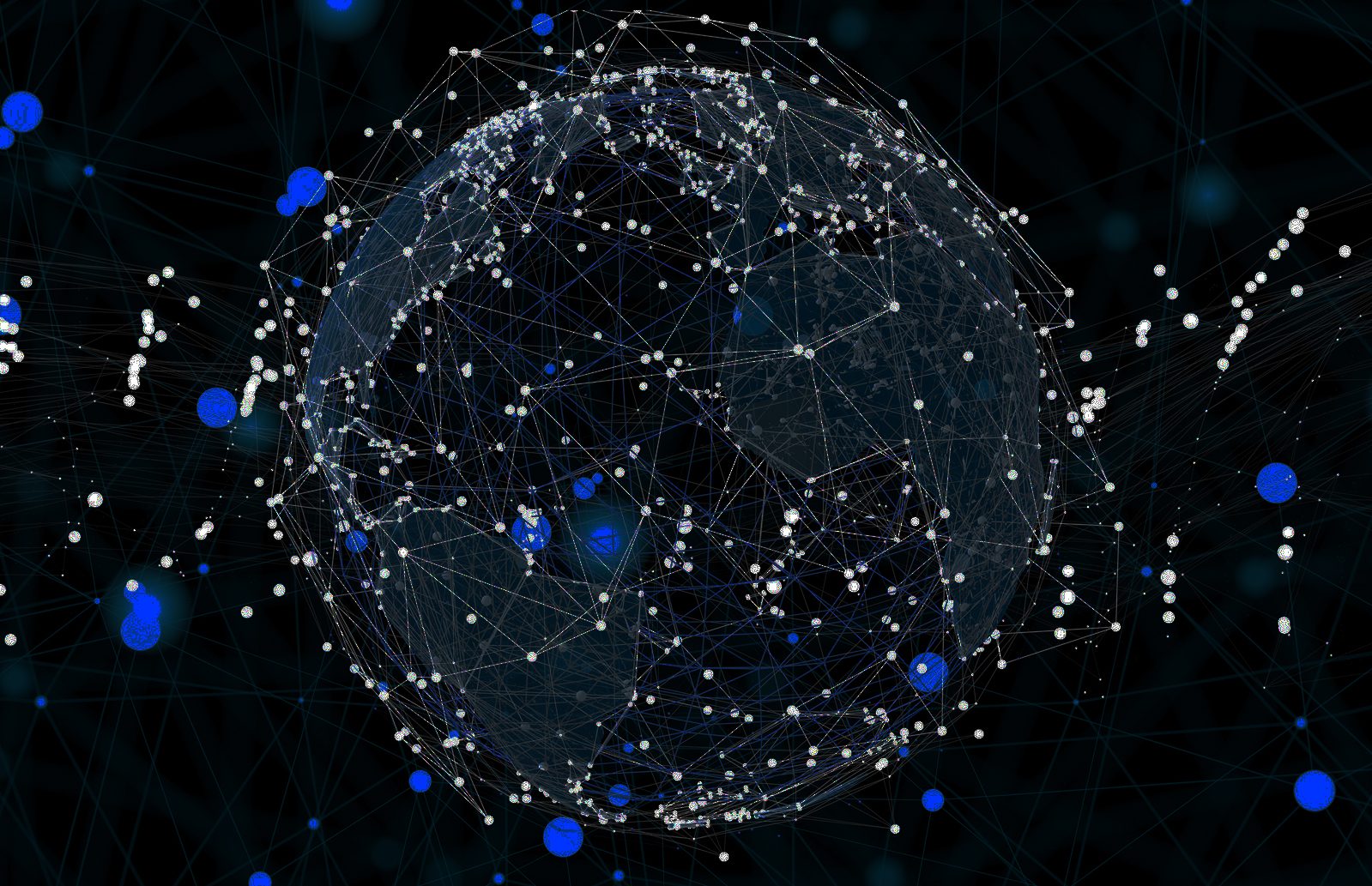Introduction
Decentralization is the movement of power, control, and responsibility from a centralized entity to decentralized networks. Decentralized networks are fundamentally different than centralized networks in that they have no central authority controlling them. They are also made up of autonomous nodes that can function independently without relying on each other for support. This can make them more resilient by providing multiple points of failure for disaster recovery, but also makes them harder to manage due to their lack of central leadership or control.

Decentralization Defined
Decentralization is a broad term that can be used to describe many different things. It’s become popular in the past few years and is often misunderstood as something new. In fact, decentralization has been practiced by humans for thousands of years, from the invention of money to the formation of city-states and nation-states. Modern examples include Linux and Bitcoin—both open source projects with no central authority controlling them.
There are two main types of decentralization:
- Network Decentralization (or “Network Disintermediation”) – occurs when an organization operates in a way that removes intermediaries or third parties between its users and itself; this can be done through technology platforms or organizational structures.
- Value or Asset Decentralization – occurs when there is no single owner/operator who controls all aspects of an organization; instead power over decisions such as what services will be provided, at what price they will be offered, how much information should be disclosed publicly about those activities etc., is distributed throughout multiple stakeholders within an ecosystem (e.g., employees + community members).
How decentralized is the internet?
Decentralization is a process, not an end state.
The internet is decentralized: it’s made of thousands of computers all over the world, which means that no one entity controls it. But decentralization isn’t just about removing power from someone; it also means distributing power and control in new ways.
Decentralization isn’t just about technology; it’s also about politics and society. We have to think about who has access to information, who can create content and distribute it freely online, and how much influence different actors have over what gets shared online. Decentralized systems are more resilient than centralized ones because they can survive even when some parts fail or get taken offline (as happened with AOL).
Decentralization of public services
Decentralization of public services is a process that has been ongoing for a long time, but it is still in progress.
Decentralization of public services has had positive effects on efficiency, transparency and accountability. It has led to improved service delivery and increased access by citizens to the state. The process of decentralizing the provision of services has been adopted by various countries around the world as they seek to improve their ability to deliver quality services at reasonable costs.
What can you do with decentralized networks?
Decentralized networks are incredibly powerful. They allow you to do things like:
- Create applications. Decentralized applications (DApps) are software programs that run on a P2P network, rather than being controlled by a centralized server or company. DApps are open-source and use blockchain technology to store data securely, verify transactions and make sure everything is running smoothly.
- Store data. Blockchain technology makes it easy for people to share information securely without having to trust each other because they don’t have access to all of the data unless they’re given permission by the owner(s). This has huge potential for personal privacy, especially when paired with encryption technology like end-to-end encryption messaging apps like Signal or WhatsApp which encrypts messages so only the sender and receiver can read them while they’re traveling through cyberspace (that’s called “in transit” in crypto parlance).
The future of decentralizatiion
Decentralization is not a new concept. It has been around for thousands of years and is the fundamental basis for all life on earth. To be decentralized means that no one person or group controls something, but rather power is dispersed among its users. This can be seen in nature where trees grow tall without needing any central leader to tell them what to do or where to go. It can also be seen in our world today with decentralized systems such as Wikipedia being used by everyone who uses it to learn about anything they want through the knowledge of millions of people around the world who contribute their time and effort freely without being paid anything extra other than having pride in knowing they helped build something great!
Decentralization isn’t just about technology though – it’s about how we interact with each other socially too! For example: when two people meet up at an event like Burning Man (a week long festival held annually in Nevada), there’s no leader telling them what activities are going on each night or which ones they should attend — instead everyone chooses their own adventure based on personal preferences (e., favorite bands). Not only do people enjoy themselves more because they’re able to make choices freely rather than having someone tell them what should happen next; those same choices also help create community feel since everyone gets along better when given freedom rather than control over each other’s lives!
The movement towards decentralization is likely to continue.
The movement towards decentralization is likely to continue, but there will be a hybrid of centralized and decentralized systems for the next decade or century.
The future of decentralization will be a mixture of centralized and decentralized systems. For example, you might have an online store that sells products from multiple vendors on the same platform but still has a central authority managing payments and storing user information. Or maybe you’ll have your own website with all your work posted there, but it’s hosted on someone else’s server (the cloud). The key point is that we’re moving away from rigidly hierarchical models for organizing society as well as business models that limit our ability to adapt when circumstances change (like during economic downturns).
Conclusion
Ultimately, decentralization is a process that involves distributing power and resources among all the stakeholders of a system. This can be done in many ways, such as by making decisions on behalf of others (instead of just yourself), or by sharing data across multiple locations, or even things like peer-to-peer technology.
In a more conversational tone

